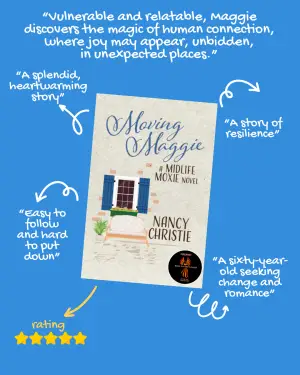The Blithedale Romance: A Compelling Dance of Ideals and Individuality
I always find myself drawn to tales of utopia, especially when they flirt with the edges of idealism and reality. Nathaniel Hawthorne’s The Blithedale Romance caught my eye not only for its exploration of communal living but also for the tantalizing promise of human passion woven throughout its narrative. From the very first page, I felt an almost magnetic pull toward the flawed and passionate characters of Blithedale, a place where dreams clash fervently with personal desires.
At the heart of this novel is Zenobia, a fiercely intelligent and independent woman, whose complexity adds an intoxicating layer to the tale. Alongside her are the earnest narrator, Miles Coverdale; the steadfast but naïve Hollingsworth; and the ethereal Priscilla, each more flawed than the ideals they initially espouse. Together, they traverse an experimental community akin to Brook Farm, where the pursuit of a perfect society is hindered by the vagaries of human instinct.
As I delved deeper into the narrative, I found Hawthorne’s exploration of unfulfilled desires and personal betrayals hauntingly relevant. The tension between the characters’ aspirations for freedom and the very human impulses that bind them—love, jealousy, and pride—creates a rich tapestry of conflict and introspection. What struck me most was how Hawthorne skillfully peels back the layers of each character, exposing the raw truths beneath their idealistic façades.
The writing in The Blithedale Romance is simultaneously lush and contemplative. Hawthorne’s prose delights in its evocative nature, often imbued with a sense of melancholy. Phrases resonate with a certain lyrical quality, making me pause and reflect. One passage that lingered with me reads, "We stand in the midst of that which we seek." This eloquence reflects the very nature of the characters’ struggles, as they seek both community and autonomy but frequently find themselves ensnared in their own desires.
Notably, the narrative pacing kept me engaged throughout, moving from introspective moments to more intense, friction-filled encounters that depict the heartache of unrealized possibilities. Each section pulled me into a deeper understanding of not just the characters, but also myself as a reader. I felt their pain and joy almost viscerally—a testament to Hawthorne’s profound understanding of human emotion.
If I were to recommend this book, I’d say it’s perfect for readers who revel in classic literature that questions the nature of humanity and society. Relative to modern discussions surrounding self-sufficient and cooperative living, its insights feel especially timely. Those intrigued by the intersection of passion and ideology, or simply drawn to beautifully rendered prose, will find much to savor within its pages.
In closing, The Blithedale Romance left me pondering the paradoxes of human connection and the inevitability of personal discord. It’s a book that immerses you in its world, inviting you to reflect not only on the lives of the characters but also on your own realities. With every turn of the page, I felt a gentle reminder that in our striving for connection, we must also wrestle with the inherent contradictions of our desires.
You can find The Blithedale Romance (Penguin Classics) here >>






